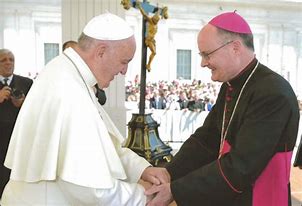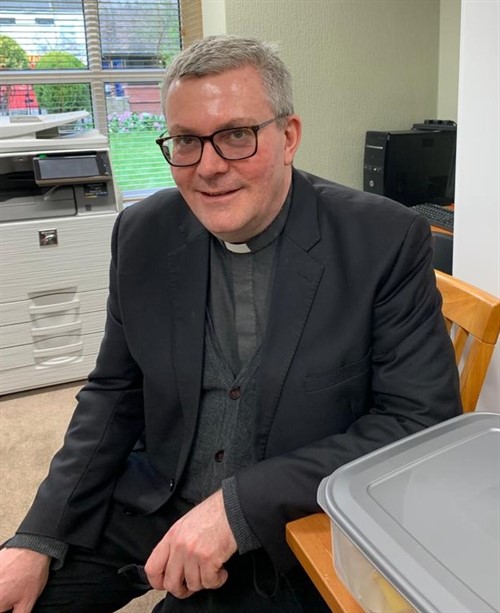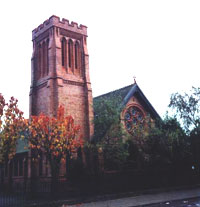
Welcome
Holy Souls Church in Scunthorpe, North Lincolnshire
Prayer for Vocations
God Our Father, we thank you for calling men and women
to serve in your Son's Kingdom, as Priests, Deacons,
and as Religious men and women.
Send your Holy Spirit to help others to respond generously
and courageously to your call. May we continue to support
and encourage vocations in our families
and in our Parish Community.
We ask this through Our Lord Jesus Christ your Son,
who lives and reigns with you in the unity of the Holy Spirit,
One God forever and ever. Amen.
Mary Immaculate: Pray for us.
St Hugh of Lincoln: Pray for us.
All the Saints of our Diocese: Pray for us.
Contact Details and Parish Clergy
Contact Details
Holy Souls Church, Frodingham Road, Scunthorpe, DN15 7TA
Tel: 01724 844895
For both Holy Souls and St Bernadette's Churches
please e-mail:
stbernadettesashby@dioceseofnottingham.uk
Parish Clergy

Canon Matthew Jakes - Parish Priest

Deacon Sebastian Grab
Deacon Sam Sheridan-Garrity
Fr Krzysztof Kosciolek
Polish Chaplain
Email: k.kosciolek@pcmew.org
Tel: 01724 601087
.

